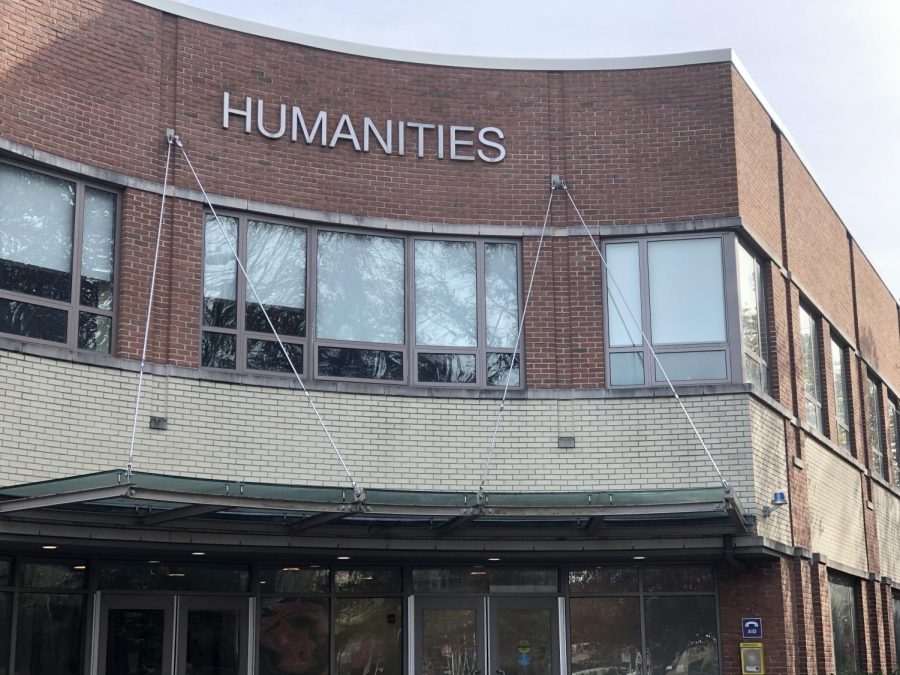Humanities in Ward Melville
November 15, 2019
Ward Melville’s award-winning science, technology, engineering, and math (STEM) programs set a high bar for district achievement. 141 Regeneron Student Talent Search (STS) semifinalists have come from Melville, the 5th highest in the nation. Three Village has a fund dedicated to STEM-oriented student extracurriculars. The school is less than an hour away from national research institutions: Stony Brook University, Brookhaven National Lab, and the Cold Spring Harbor Laboratory.
While STEM opportunities remain structured and relatively accessible, humanities opportunities are scattered and not nearly as publicized. Writing and speaking-oriented clubs aren’t well-advertised. There’s a schoolwide attitude that these clubs are “low-commitment” despite attending national and international conferences and competitions.
These attitudes are indicative of further-reaching student sentiments. We are taught that “hard skills” (solving a math equation or writing a line of code) are solely able to measure our ability. At the same time, humanities courses are taught procedurally, which only reinforces these misconceptions. In continually uplifting STEM, we fail to recognize the value of a degree and education in the humanities, creating a sizeable expense to our history and English curriculums.
At its core, the curricular disparity in STEM and humanities research opportunities lies in course offerings. Seniors can choose between a myriad of AP science classes—AP Chem, AP Physics C, and AP Environmental Science, to name a few. Math department electives such as AP Statistics and AP Computer Science classes add even more variety.
However, the history track for Melville students has remained fairly inflexible: World history to US History, with a year of either US Government or Comparative Government. English courses have even less flexibility, with seniors choosing between only Writing at the Threshold and AP Literature. Melville must accommodate to the needs of humanities students. It needs more rigorous electives such as AP Human Geography to balance the availability of AP STEM electives. It certainly needs more awareness towards some of its most popular co-curriculars—Kaleidoscope Newspaper, Cinnabar, History Club, and Model UN. Most of all, Ward Melville needs a change in school culture.
In the long term, the only way to reverse this trend is to instill a value for the humanities in students and their organizations. Because behind playful jokes—poking fun at English majors while placing STEM students on a pedestal—there stand reinforced, harmful stereotypes.
Last academic year, the AAMC found that Humanities majors, on average, scored two points higher on the MCAT (Medical College Admission Test) than Biological Science majors. “Soft skills” prioritized in the humanities, such as writing and communication, are overlooked in the classroom and extracurriculars. But even in STEM fields, these skills are critical for postgraduate success.
The success of humanities majors begs the question—why then is Ward Melville so insistent on highlighting STEM? It may be the will of the students, changing outlooks on employability, and a nationwide ideological shift. But looking inwards, maybe the school could benefit from just a change in perspective.



